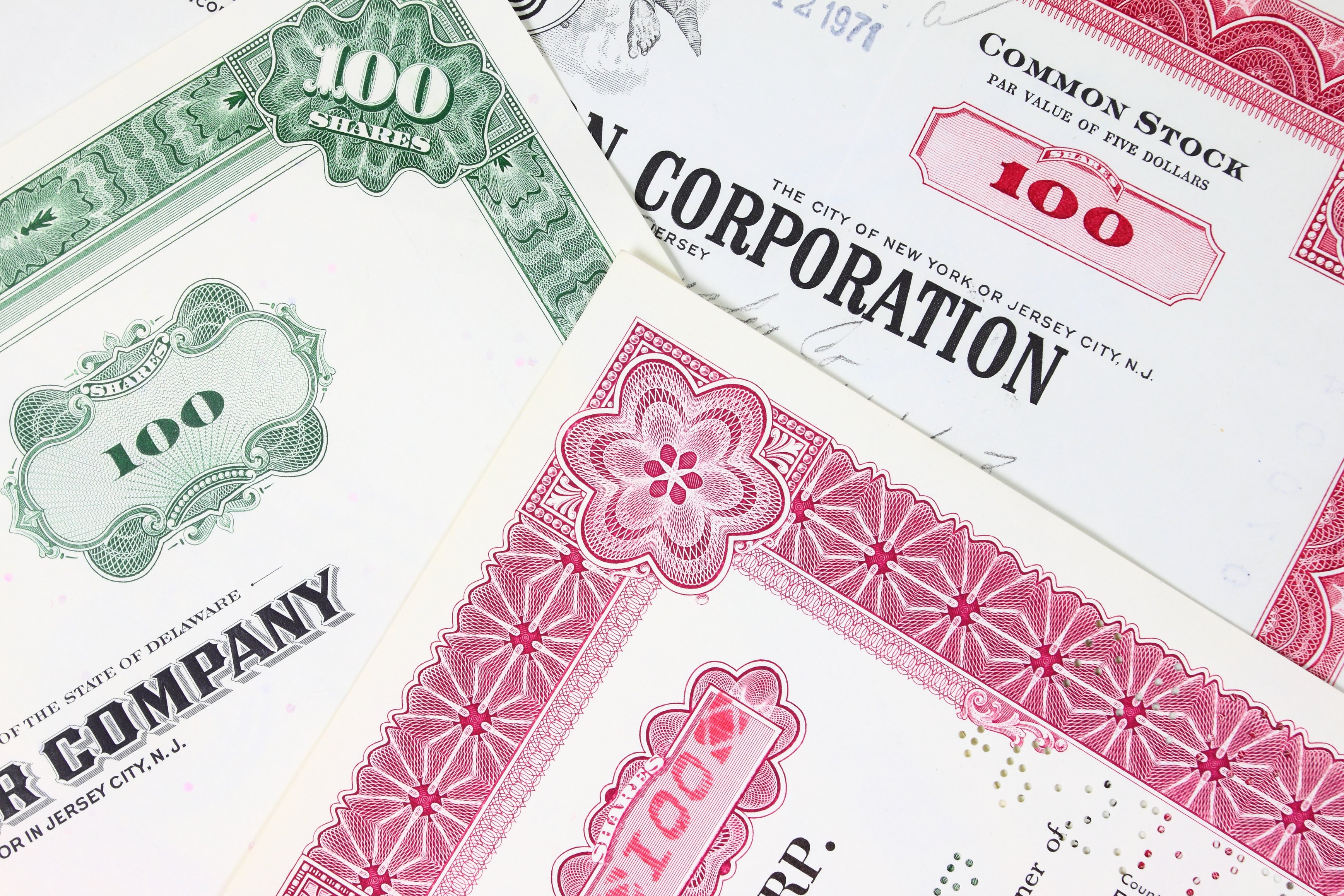At The Motley Fool, we poke plenty of fun at Wall Street analysts and their endless cycle of upgrades, downgrades, and "initiating coverage at neutral." The pinstripe-and-wingtip crowd is entitled to its opinions, but we have some pretty sharp stock pickers down here on Main Street, too. And we're not always impressed with how Wall Street does its job.
So perhaps we shouldn't be giving virtual ink to "news" of analyst upgrades and downgrades. And we wouldn't -- if that were all we were doing. Fortunately, in "This Just In," we don't simply tell you what the analysts said. We also show you whether they know what they're talking about. To help, we've enlisted Motley Fool CAPS, our tool for rating stocks and analysts alike. With CAPS, we track the long-term performance of Wall Street's best and brightest -- and its worst and sorriest, too.
"None of the above"
Today, though, we're going to look at a new rating from an analyst that's neither obviously best nor odiously worst. I guess you could classify Leerink Swann under the rubric "none of the above." This poses us a bit of a problem today, as Swann sounds the all-clear for Eli Lilly (NYSE: LLY).
A boutique investment banker specializing in health-care stocks, Swann doesn't report its ratings through Briefing.com anymore. (Indeed, but for the good folks at StreetInsider.com pointing out the Lilly upgrade, we'd probably never know it happened.) That's a shame, because according to our historical data, this analyst actually used to be pretty good at its job -- averaging a 55% success rate on its picks and outperforming more than 90% of the investors we track.
According to this former star analyst, Lilly used to be a "sell," but now it's a "market perform" stock. Why? Explains the analyst: "We are upgrading [Eli Lilly] based on … its dividend (currently yielding 5.1%), building evidence of a recovery & likely acceleration in the diabetes franchise, a growing
animal health presence, strong & sustainable growth in Japan & emerging markets, and a Ph III pipeline poised to deliver data from >40 clinical trials, across 16 different indications, 11 different products (including the 2 basal insulins) & 10 NMEs by the end of 2014."
White Swann
That's quite a laundry list of reasons to buy Lilly. But are they reasons enough to buy a stock that so many folks on Wall Street believe will do nothing but shrink over the next five years? Because that's exactly just what the Wall Street consensus says: that as rivals such as Pfizer (NYSE: PFE), Merck (NYSE: MRK), and Novartis (NYSE: NVS) climb slowly back up the patent cliff and eke out low-single-digit earnings growth over the next five years, Lilly is the odd man out and must resign itself to five long years of annual 4.6% declines in profit, says the average analyst.
I'm not so sure. I mean, does the stock look cheap at 8.8 times earnings? Sure it does. And is Swann right about the dividend's sustainability? I think it is -- the payout ratio on Lilly's 5.2% divvy is still only 46% today, so there looks to be plenty of room left for Lilly to maintain or even expand its dividend if it's of a mind to.
On the other hand, if it's fat dividends you're looking for, well, Pfizer, Merck, and Novartis all pay out pretty well, and their growing earnings virtually assure the ability to grow the dividend payout as well. For that matter, AstraZeneca (NYSE: AZN), which I own, actually pays a higher dividend than does Lilly and is also pegged for a tiny growth rate.
On the third hand, if dividends aren't your thing, and you're looking for upside growth potential, then yes, Lilly's expectation of negative growth offers the chance for some upside if the company performs as Swann expects. But it doesn't compare to the upside potential of betting on a revenue-less health-care stock such as MannKind (Nasdaq: MNKD) or MELA Sciences (Nasdaq: MELA). Almost any good news at all could make one of those two rocket -- and has made them rocket in the past.
Foolish takeaway
Listen, Fools -- I'm not saying there's nothing to like about Lilly. I'm not even saying Swann's wrong to remove its "sell" rating on the stock this week. Lilly might very well turn out to be a decent, income-producing "hold" over the next few years. All I'm saying is that there are many fish in the sea, and a lot of them seem to have better potential for your portfolio.
Why settle for Lilly when there are so many better options available?
(Seriously. Why would you buy Lilly? Tell us what you think on Motley Fool CAPS.)









